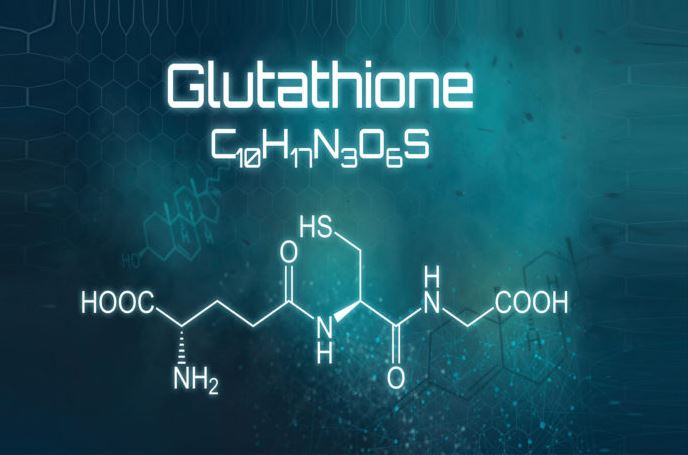Glutathione IV is the best way to increase your glutathione levels, but what does glutathione do?
That’s a great question, and we want to take some time to explain what glutathione IV is, what it does, and how you can benefit from IV glutathione.
Glutathione is often referred to as the master or super antioxidant because of its ability to enhance the utilization and recycling of other antioxidants. It’s primary function in our bodies includes:
- Support for the immune system
- Providing antioxidant protection
- Removing toxins
Some of the main benefits of IV Glutathione include:
- Reducing oxidative stress
- Improving psoriasis
- Reducing cell damage in alcoholic and nonalcoholic fatty liver disease
- Improving insulin resistance in older individuals
- Reducing symptoms of Parkinson’s disease
- May help fight against autoimmune disease
- May reduce the impact of uncontrolled diabetes
- May reduce respiratory disease symptoms
- Reducing ulcerative colitis damage
- Removing toxins
Glutathione is an antioxidant produced in cells. It is composed largely of three amino acids: glutamine, glycine and cysteine. Glutathione levels in the body may be reduced by a number of factors:
- Poor nutrition
- Stress
- Advancing age
- Tylenol use
- Smoking
- Alcohol use
In addition to being produced naturally by the body, glutathione can be given intravenously, topically, or as an inhalant. It’s also available as an oral supplement in capsule and liquid form. However, oral ingestion of glutathione may not be as effective as IV glutathione delivery due to lower, inconsistent absorption.
Your body also doesn’t absorb glutathione well from foods. However, certain foods high in amino acids that contain sulfur may help boost your levels.
These include:
- Unprocessed meat
- Garlic
- Broccoli
- Asparagus
- Avocados
- Spinach
There are diseases where low Glutathione states exist, and this may play a role in the disease itself or exacerbation of it at the least:
- HIV
- Macular degeneration
- Parkinson’s disease
- Alzheimer’s disease
- Diabetes
- Hepatitis
- Cancer
- COPD
- Liver disease
- Sickle cell anemia
- Cystic Fibrosis
- Stroke
- Heart disease
- Infertility
So when should you consider Glutathione IV supplementation?
- Any time you feel generally ill regardless of the cause
- Regularly as you age since your levels will naturally drop
- If you regularly drink alcohol or take acetaminophen you should supplement as your levels will be decreased
- Any time you’re getting an IV, consider this super antioxidant


